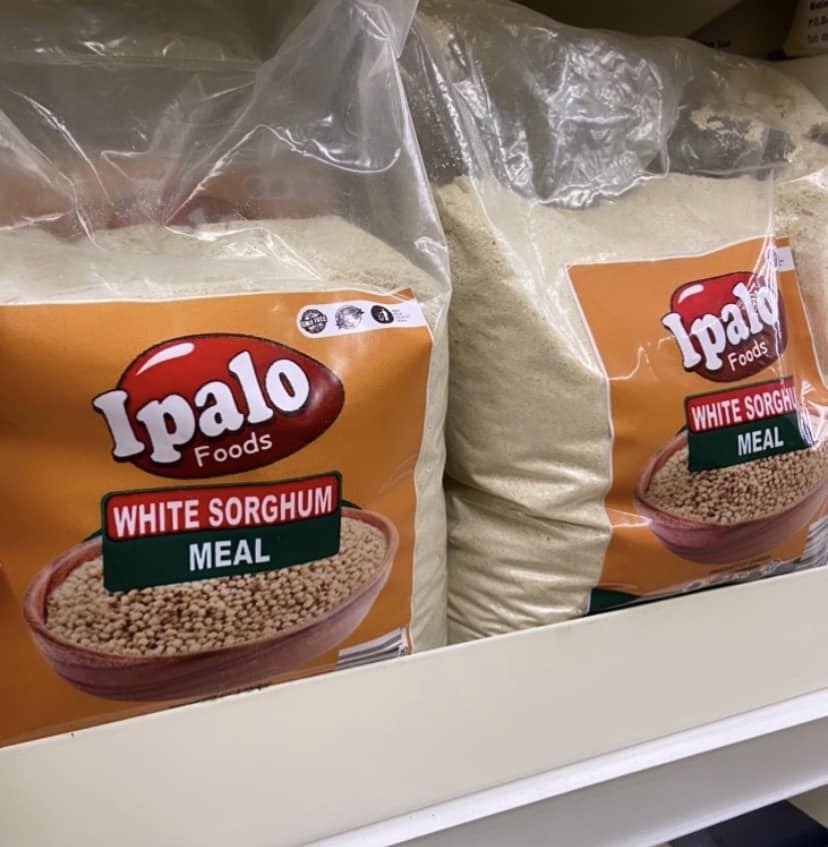Post COVID-19 pandemic, consumer behavior across Africa has undergone a profound transformation.
A heightened awareness of health and nutrition has driven demand for foods that not only nourish but also align with personal and planetary wellness. This shift is catalyzing innovation in the food processing sector especially in grain milling technology and unlocking the potential of Africa’s own underutilized crops.
“One of the most exciting developments is the rise of alternative grains like sorghum, millet, and other indigenous cereals. Once considered traditional or subsistence crops, these grains are now being re-imagined as the cornerstone of a modern, nutritious and climate-smart food system.
A New Era of Nutritional Awareness Shaping Food Trends!
The pandemic served as a wake-up call for millions, reinforcing the critical role of diet in building immune resilience and long-term health. Across Zambia and the continent at large, this has resulted in a groundswell of interest in functional foods, whole grains, and locally sourced ingredients.

In response, food innovators are stepping up. In Zambia, BigTree Beverages is leading the charge by producing nutritious, palatable beverages from sorghum, a grain that’s both nutrient-dense and climate-resilient. Meanwhile, a growing number of micro-enterprises are formulating multi-cereal blends, using combinations of sorghum, millet, maize, and legumes to create products that address widespread nutritional gaps especially in iron, fiber, and protein.
These enterprises aren’t just creating food they’re curating health.
Why Alternative Grains?
Alternative grains offer a triple win: nutrition, sustainability, and economic empowerment.
Nutritional Powerhouses

Sorghum, millet, and other indigenous grains are naturally rich in:
- Dietary fiber
- Plant-based protein
- Essential micro-nutrients like iron, zinc, and B vitamins
Unlike highly processed staples, these grains support better blood sugar regulation, digestive health, and satiety critical benefits in the fight against both under-nutrition and rising non-communicable diseases.
Climate Resilience
These crops are drought-tolerant and require less water than wheat or maize. In a region facing increasing climate variability, they provide a reliable and sustainable food source. By shifting agricultural priorities toward alternative grains, African countries can build more climate-adaptive food systems and reduce dependence on imports.
Economic Inclusivity
Supporting local grain production and processing helps empower smallholder farmers, create rural jobs, and stimulate regional economies. Women-led cooperatives and youth-led startups are increasingly entering the space, driving innovation from the ground up.
Transforming Grain Milling for the Future
To meet this growing demand, the grain milling industry is undergoing a quiet revolution. Technologies are being adapted to handle a wider variety of grains no longer limited to maize or wheat and to preserve nutritional integrity during processing. The result is a new generation of value-added, ready-to-eat or drink products that meet modern consumer expectations for taste, convenience, and health.
This includes:
- Nutrient-rich porridges and instant blends
- Sorghum-based drinks and fermented beverages
- Fortified snacks and energy bars
- Infant cereals made from multi-grain mixes
These products are positioned not just as alternatives but as premium, future-forward choices.
Rethinking Food for a Sustainable Africa
The rise of alternative grains is more than a trend,it is a transformative movement.
It’s about reclaiming Africa’s agricultural heritage, embracing innovation, and responding proactively to global challenges, from nutrition insecurity to climate change.
As consumers become more intentional about what they eat, food innovators, policymakers, and investors must respond with equal intention supporting scalable solutions that are local, nutritious, and sustainable.
Zambia’s example is just the beginning. With the right support, Africa can become a global leader in resilient, nutrient-rich food systems, rooted in its own biodiversity and powered by its people.
